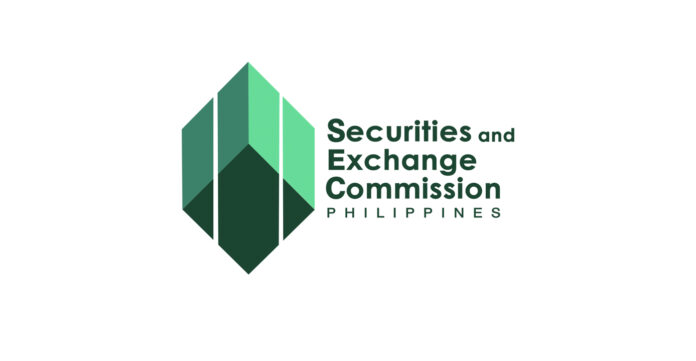The Securities and Exchange Commission (SEC) has rolled out an incentive program for tardy corporations looking to restore their good standing.
The SEC has issued SEC Memorandum Circular 13 helping make restoration happen under the agency’s Enhanced Compliance Incentive Plan.
With the ECIP, the various corporations under its supervision may remedy their infractions by paying reduced fees to restore their good standing.
“As a regulator, the SEC is committed to ensuring that entities under its supervision are compliant with all the laws, rules and regulations applicable to them,” SEC chairman Emilio B. Aquino said.
In the wake of an earlier amnesty program, the SEC stringently imposed higher fines and penalties to encourage strict and habitual compliance with reportorial obligations and good corporate housekeeping.
Under the ECIP, non-compliant corporations, including those declared delinquent, may settle their unassessed or unpaid fines and penalties for only P20,000.
Suspended corporations and those whose licenses have been revoked, including those with pending petitions for the lifting of the suspension or revocation order issued against them, may settle only 50 percent of their assessed fines and pay the petition fee of P3,060.
The new ruling also covers violations under MC 28 requiring registered entities to submit their official and alternative email addresses and mobile phone numbers.
ECIP applications may be submitted from 2 September to 30 November this year.
Non-compliant corporations are those that have not submitted their general information sheet and audited financial statements, intermittently or consecutively in previous years, and/or have not complied with MC 28.
The delinquents are those that failed to file their AFS or GIS three times, consecutively or intermittently, over five years.
Payment of the ECIP, in itself, does not automatically confer compliant status or lift the suspension and revocation of their certificates of incorporation, however.
Applicants are required to submit the corresponding supporting documents, the SEC said.







